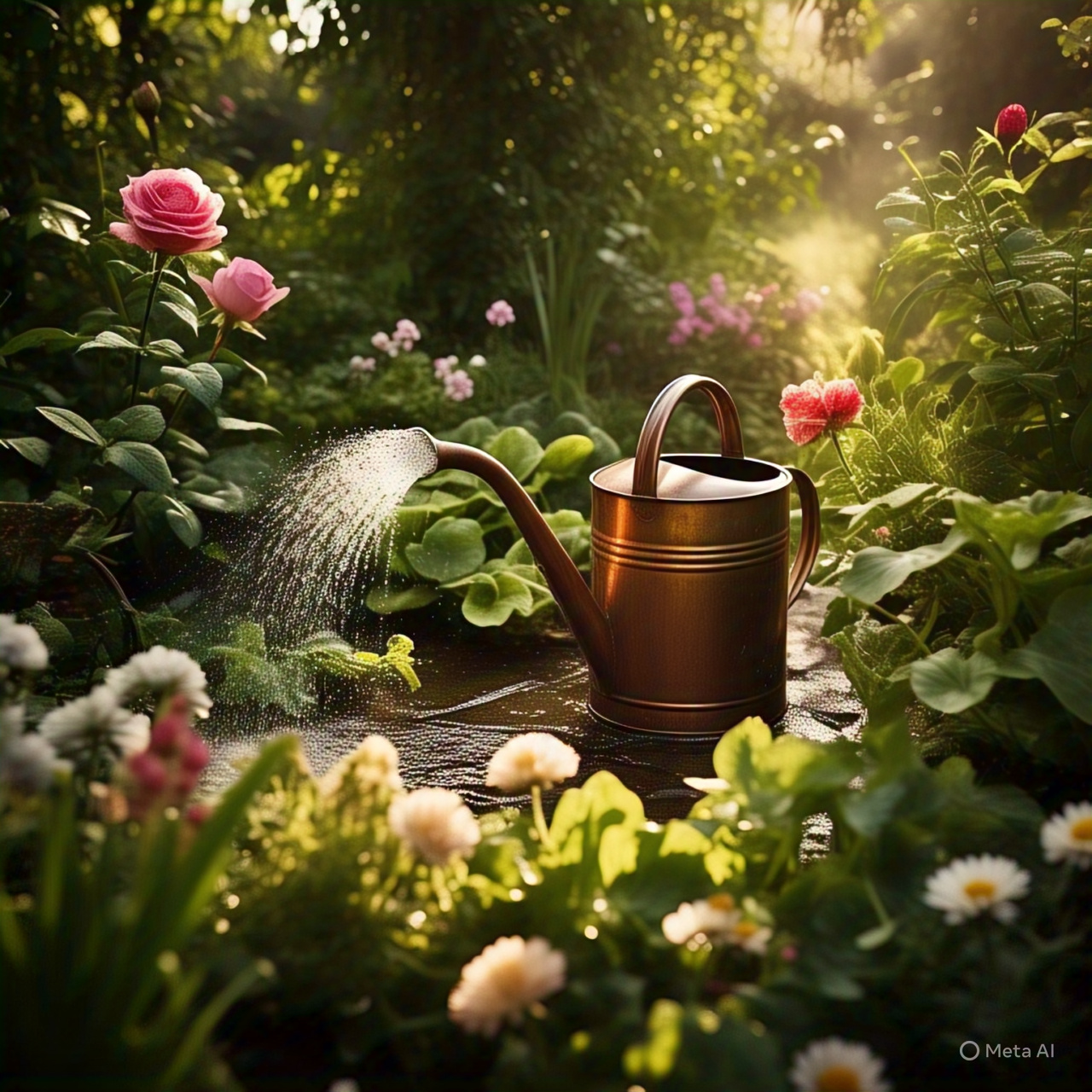As the summer sun blazes over the United Kingdom, gardeners are being urged to prepare for significant changes in the way they care for their outdoor spaces. A combination of unusually dry spring weather and below-average rainfall across key regions has prompted Thames Water and other major water suppliers to issue strong warnings about potential hosepipe bans. These restrictions could come into force within weeks if current conditions persist.
According to experts, 2025 is shaping up to be one of the driest years on record for many parts of southern England, with water reservoirs operating at levels significantly lower than the seasonal average. This has prompted emergency drought planning, and consumers—particularly home gardeners—are being asked to adopt immediate conservation practices to mitigate the looming crisis.
🚱 The Hosepipe Ban Explained
A hosepipe ban is a temporary measure that water companies enforce during periods of drought to prevent non-essential water use. Under the Water Industry Act 1991, utility companies have the legal power to impose these restrictions, which can apply to a wide range of outdoor water activities such as:
Watering gardens with a hosepipe or sprinkler
Filling swimming pools, paddling pools, or ornamental ponds
Cleaning cars or patios with a hose
Washing windows using water-fed systems
If you are found breaching the hosepipe ban, you could face a fixed penalty notice or even court prosecution. The standard fine is £1,000, although in extreme or repeated cases, fines can escalate further.
🌡️ What’s Causing the Water Crisis?
Climate scientists have observed a drastic reduction in spring rainfall over the last few years, but 2025 has been particularly dry. According to data from the UK Met Office, rainfall in April and May was nearly 60% below average in the southeast and parts of the Midlands.
Compounding the issue, average daytime temperatures have risen 3°C above seasonal norms, accelerating soil moisture loss and increasing domestic water consumption—particularly for garden irrigation.
Water utilities like Thames Water, Southern Water, and Anglian Water have all confirmed that current reservoir levels are at critical thresholds, and voluntary restrictions are now being replaced by formal enforcement planning.
🪴 Gardening During a Drought: What You Must Do Now
To stay compliant and protect your garden, here are three key actions all gardeners should be taking right now:
1. Harvest Rainwater with Water Butts
Install water butts beneath gutter downpipes to collect and store rainwater for garden use. Even a modest rainfall can fill a 100-litre container, offering days of plant hydration without using tap water.
2. Water Wisely: Early Mornings or Late Evenings
To minimize evaporation loss, only water plants at dawn or after sunset. Midday watering is wasteful and significantly less effective. Also, target the base of plants rather than overhead spraying.
3. Mulch & Cover Soil
Apply organic mulch such as bark, straw, or compost around the base of plants. This helps retain soil moisture, prevents erosion, and reduces weed growth that competes for water.
Other suggested strategies include:
Switching to drought-resistant plants like lavender, rosemary, and sedums
Using greywater (from baths and washing machines) to hydrate flower beds
Grouping pots together to create humidity zones
Avoiding lawn watering—grass will usually recover naturally
💧 Regional Variation in Rules
It’s important to note that rules may vary by water company and region. While Thames Water is currently leading the charge, others such as United Utilities (serving the North West) and Yorkshire Water are monitoring the situation closely and may follow suit.
Customers are encouraged to sign up for email or SMS alerts from their respective water suppliers to stay informed on any changes. Some water companies are also offering subsidies for installing water butts and free leak repair services as part of their conservation programs.
👩🌾 Public Response and Gardeners’ Reactions
The gardening community has met the announcement with mixed reactions. Some veteran gardeners understand the need for preservation, noting the increasing frequency of hosepipe bans over the past decade.
However, others—particularly those in horticulture or with large private gardens—have expressed concern that such restrictions will damage their plants and investments. Professional landscapers also fear a potential loss in summer contracts due to watering limits.
Gardeners’ forums and online communities are now abuzz with tips on water-saving techniques, DIY irrigation methods, and advice on maintaining plant health during extreme heat. Many are turning to permaculture practices and companion planting to adapt their gardens to changing climate realities.
🧯 Enforcement Measures and Penalties
Thames Water has confirmed that compliance officers will be deployed across affected areas to ensure rules are being followed. These officers are authorized to issue fines and report repeat offenders.
In particularly sensitive regions—such as areas designated for wildlife conservation or agricultural irrigation priority—penalties may be stricter. Customers with medical exemptions or those with disabilities can apply for relief from certain restrictions.
For example:
If your household uses a hosepipe to clean mobility aids
If watering is essential to prevent plants from dying in a commercial nursery
Or if you’re a blue badge holder, special considerations may be available
🌍 Bigger Picture: Water Security and Climate Adaptation
This hosepipe warning isn’t just about short-term garden care—it’s part of a broader conversation around climate resilience and sustainable water use in the UK.
Environmental analysts warn that by 2040, water demand in England could exceed supply by up to 4 billion litres per day if urgent infrastructure and policy changes aren't implemented.
Innovative long-term solutions being explored include:
Desalination plants, particularly for southern counties
Smart irrigation systems connected to weather sensors
Water recycling and re-use programs for residential properties
Underground reservoirs and aquifer recharges
✅ Summary & Action Plan
With hosepipe bans likely in the coming weeks, every gardener should act now:
Start collecting rainwater
Switch to early-morning or late-night watering
Use mulch to preserve moisture
Check local water company advisories
Avoid filling pools, washing cars, or using sprinklers
By following these guidelines, homeowners not only stay compliant and avoid hefty fines—but also contribute to the wider effort to protect Britain’s limited water resources during one of the most challenging summers in recent memory.

















Comments 0